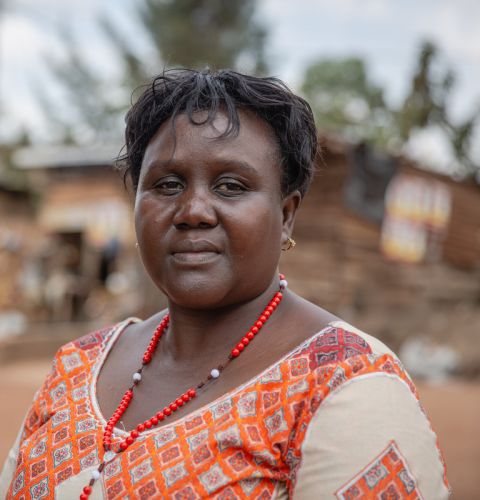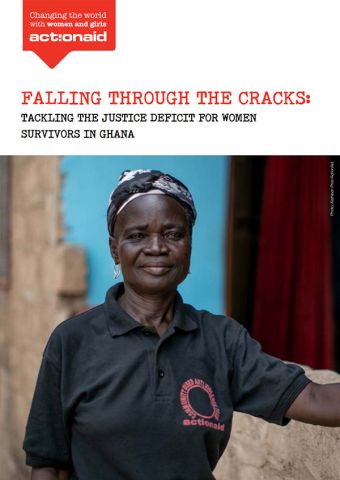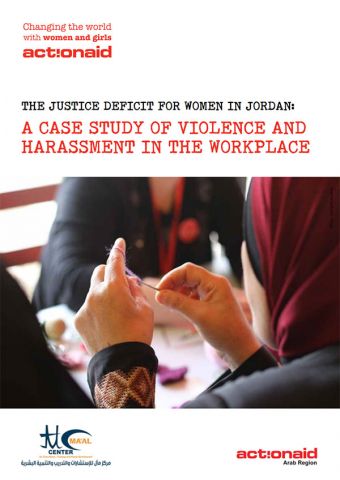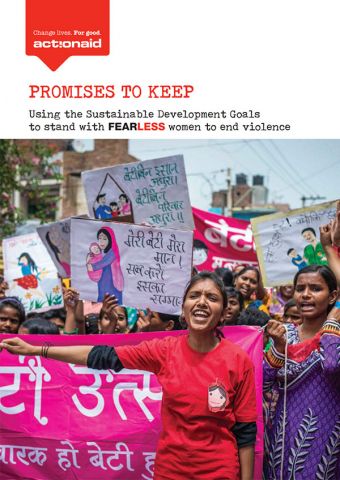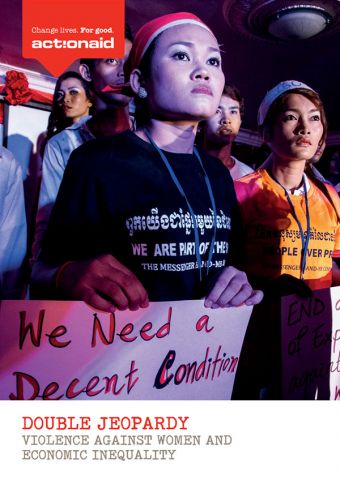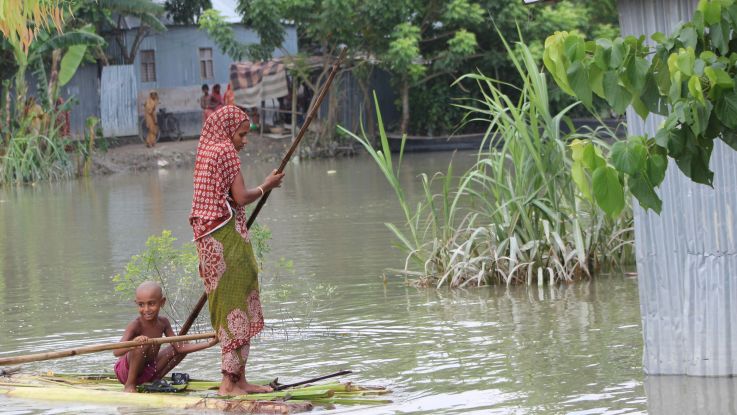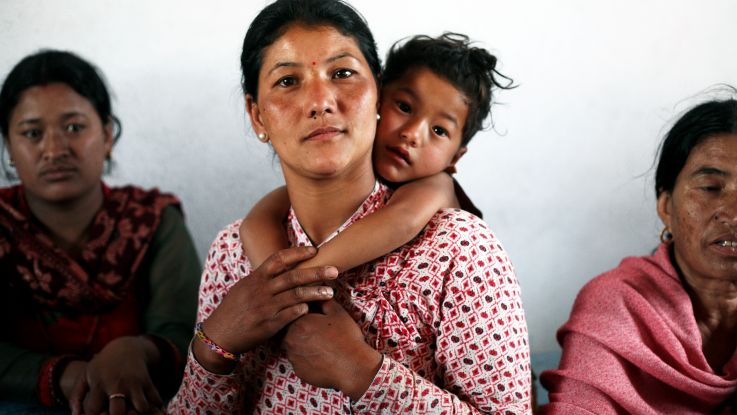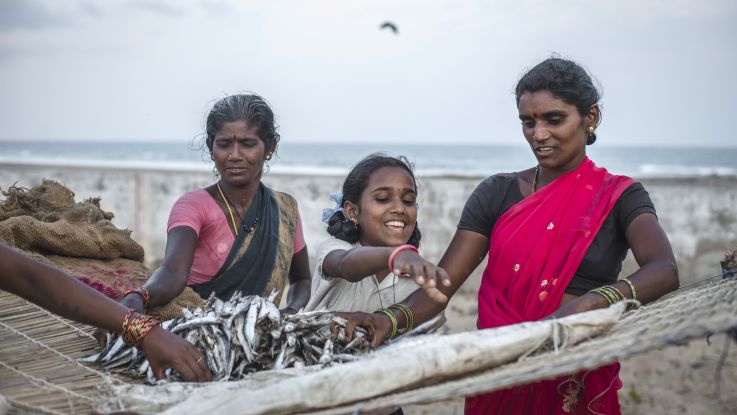Addressing gender-based violence
What is structural violence?
Across 70 countries, our research found that the more equal a society's structures, the less violence women experience.
Violence is a tool that maintains power. It's more prevalent when:
- Economic systems keep women dependent and under-resourced.
- Laws fail to protect marginalised communities, or actively harm them.
- Colonial histories and racist structures determine who gets protection and who doesn't.
- Borders, prisons, and policing systems target specific communities.
- Cultural narratives blame survivors rather than perpetrators.
How do systems create violence?
Violence is maintained through interconnected systems of power:
- Patriarchy teaches us that men should have power over women, making abuse seem normal or inevitable.
- Colonialism continues to harm indigenous communities through stolen land, destroyed cultures, and ongoing exploitation.
- Economic systems trap women in poverty and dependency, making it dangerous or impossible to leave abusive situations.
- Laws and policies often fail to protect the people who need it most, or actively harm them. Police, immigration enforcement, and courts frequently target Black women, migrant women, and LGBTQ+ people rather than protect them.
- Cultural institutions, from media to religion to education, reinforce the idea that women, girls, and gender-diverse people are worth less.
- Public services like healthcare, housing, and social care routinely discriminate against women, girls, trans, and gender-diverse people, creating barriers to safety and wellbeing.
- These systems don't work separately, they reinforce each other. A woman facing violence might also face racism from police, poverty from exploitative work, and discrimination from health services.
Gender-based violence is connected to every issue we work on. We cannot address women's economic justice without challenging the violence that keeps women poor. We cannot tackle climate change without recognising that environmental destruction disproportionately harms women, and that defending land and resources makes women targets for violence.
This is why our work must address structural causes, not just symptoms. Ending violence means changing the systems that create it.
How do we challenge gender-based violence at ActionAid
Women and gender-diverse people facing violence are already resisting, organising, and creating change in their communities. Our role is to support their leadership, not direct it.
Following community leadership
- We fund women-led grassroots organisations: particularly Black women, Indigenous women, and those from global-south based communities
- We resource existing movements rather than creating new ones
- We work in solidarity, taking direction from women's rights movements
Building power not dependency
- Communities design their own programmes based on what they know works
- We support girls' clubs and feminist education spaces where young people learn their rights and build collective power
- We resource economic justice work that challenges exploitation, not just individual 'empowerment'
- We challenge racist and colonial attitudes within our own organisation
Responding to crisis
- Women's organisations are already first responders in emergencies, we ensure they have resources
- During disasters and conflicts, violence against women spikes. Feminists insitu know how to respond; we fund their work
- We create safe spaces and legal support led by survivors themselvesViolence isn't just about individual acts, it's built into the way our societies are organised.
Read our latest reports
What does change look like?
Women's rights defenders in multiple countries have successfully campaigned to change laws on domestic violence, marital rape, and child marriage, leading governments, not asking permission. Community networks have trained thousands to recognise abuse and interrupt it. Feminist movements have shut down harmful projects, protected land, and challenged corporate exploitation.
This work happens because of decades of organising, not because outside organisations arrive with solutions.
During COVID-19, when governments failed, women's organisations ran helplines, legal clinics, and safe spaces whilst also caring for their communities. Yet women's rights organisations, especially those led by Black women and indigenous women, receive less than 1% of international development funding.
This isn't an accident. It's how power works: those challenging oppressive systems are systematically under-resourced.
What needs to change to stop gender-based violence?
Ending gender-based violence requires:
- Long-term, flexible funding for feminist movements, especially those led by global-south women's rights organisations.
- Dismantling racist, colonial, and patriarchal systems, not just reforming them.
- Wealthy countries and organisations acknowledging their role in creating global inequality.
- Redistributing power and resources, not just offering charity.
- Connecting struggles: you cannot have climate justice, economic justice, or racial justice whilst violence against women continues.
Our accountability at ActionAid
As an international organisation, we must continually challenge our own complicity in systems of power.
This means:
- Shifting power and resources
- Listening more than speaking
- Being accountable to grassroots movements
- Acknowledging when we get it wrong
Get involved to help end gender-based violence
Ending violence against women requires all of us to challenge the systems we benefit from and the power we hold.
It's not about charity, it's about justice, solidarity, and redistribution of power.
We work to create a world where all women, girls, and people regardless of gender identity or expression, can live free from violence and discrimination.
Find out how you can help.
Page updated 24 November 2025
